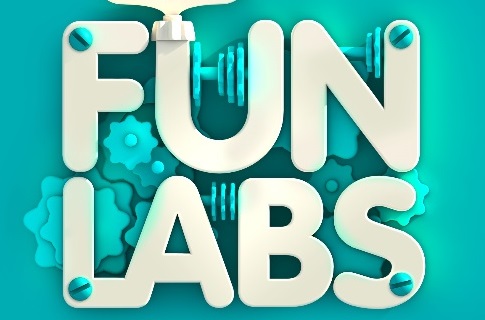
There are undoubtedly several different teaching techniques that one can employ when teaching a science, but few are truly effective. But how do we identify which teaching technique is most effective, and what are the reasons for its success in modern pedagogy? Essentially, the most ideal technique is the creation of a fun learning environment. This does not entail allowing your students to play video games or have their lunch in class, but rather allowing them to enjoy the learning material. This can be ensured in a variety of ways. However, there are four fundamental concepts that can be employed in science education that guarantee a fun learning environment and quality education:
Peer-to-peer teaching
This is based on the idea that students can assist each other to improve critical thinking, problem-solving and memorization skills. They should be assigned into groups, chosen by the teacher/instructor, ensuring that there is a high degree of diversity among students of different backgrounds, religions, ethnic groups, ages and other factors – resulting in different opinions and discussions. Pupils are forced to hear the opinions of others and consider these while solving problems analytically.
Applications in real-life scenarios
This concept involves the use of case studies to educate students. These case studies apply the ideas of a subject in scenarios that are likely to occur. Case studies can be analysed individually or in groups. It is recommended to incorporate both, individual and group work, in class activities. Through case studies, students learn how to properly apply their knowledge in certain scenarios – which is one of the underlying principles of education.
Learning through audio and visual media
Students often lose interest in a subject due to dull material. Pictures and diagrams should be used and explained on the blackboard, or on projector slides, and also in their textbooks. Additionally, the use of videos pertaining information on the particular subject is also vital to their learning. This stimulates their visual and aural senses, thus enabling them to learn using more than only one sense.
Practical/Hands-on activities
Students should be allowed the time to build experience in a subject by attempting it in a practical situation. This not only provides them with early career experience, but also with confidence. Students will be able to decide which subjects there are interested in and how it is related to their learning. This is particularly useful for Physics and JC Physics tuition classes.
Therefore, the concepts of fun in a classroom is an important part of a student’s education. Students should be able to have fun while learning, but receive quality education – that meets international standards – as well. Just as adults would prefer having a career which they enjoy, students prefer learning work that keeps them interested and entertained.

